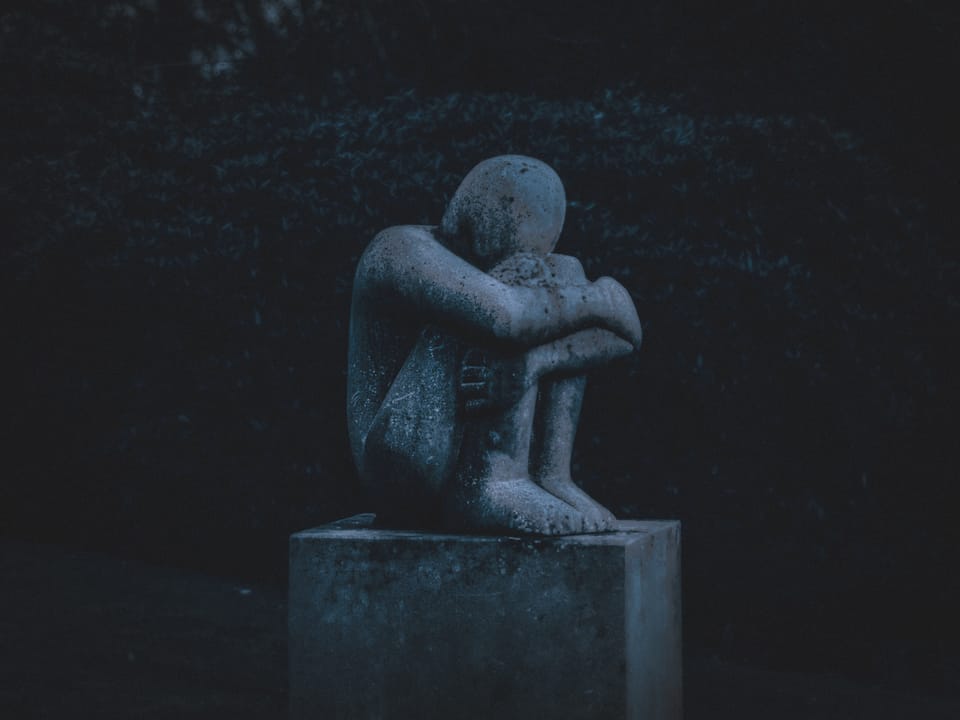On guilt

Survivor’s guilt is a psychological condition that occurs when an individual has survived a traumatic, life-threatening event while others did not. For example, sole survivors of airplane crashes often experience feelings of guilt related to their survival.
Guilt is a complex emotion, and interestingly, survivor’s guilt can also manifest in people who’ve experienced good fortune.
In these cases, an individual feels intense guilt for receiving a positive benefit (e.g., a promotion at work, money, or business success) resulting from luck.
I’ve witnessed several individuals experience this type of guilt after an unexpected positive life change, which permanently shifts how they’re perceived by their friends, family, and broader social circle.
“Why me? – I don’t deserve this” is a common question these individuals pose to themselves and others.
But it’s a pointless question; there is no deeper meaning or significance behind random luck. And some people get lucky, often more than once.
The Grimm Brothers once proclaimed that:
Some men are born to good luck: all they do or try to do comes right—all that falls to them is so much gain—all their geese are swans—all their cards are trumps—toss them which way you will, they will always, like poor puss, alight upon their legs, and only move on so much the faster.
Survivor's guilt is dangerous because if one engages too much with feelings of guilt, it can lead to self-destructive behaviour.
Indeed, if guilt is not managed and understood in a productive way, an individual may find themselves self-sabotaging in an attempt to appear as they once were or give the impression to others that their life isn't all that swell after all.
For some people, accepting good luck comes without survivor's guilt – moving forward in life is easy. This may be because these people are easy-going and avoid excessive navel-gazing, which people prone to guilt do more of. These affable people roll with the punches of life, good or bad, with a light heart – why not be happy?
On the other hand, guilt-ridden folks take the more challenging route and can't accept that sometimes good things happen to good people. Their obsession with what other people think of them is at the heart of this struggle.
The question those experiencing survivorship guilt upon receiving good luck should ask is, why not me?
Wasting energy contemplating the mechanics or meaning of luck is a fool’s errand – a more significant mistake is wasting time thinking about what others think about your luck and the position you find yourself in.
Many philosophers have offered advice about how to deal with and overcome guilt.
Friedrich Nietzsche saw guilt, in most circumstances, as a tangible example of the burden imposed on people by external society and its moral framework.
Nietzsche viewed modern morality as sick and argued that when grappling with non-life-affirming emotions, like guilt, we must ask ourselves if they empower us to live a better, happier life or degrade our spirit.
In many cases, I think that Nietzsche would argue that we ignore guilt or find a way to overcome it and embrace our good fortune – be glad. Moreover, I think he'd argue that luck doesn't impose any requirements on an individual to live a particular way or by any standard. If you must, channel or harness luck to positively impact the world, but don't sit around feeling guilty as there's little value in that course of action.
Of course, one should not flaunt their luck or good fortune and be wise enough to understand there is nothing particularly special about a person who experiences luck. Arrogance or pride in luck is distasteful and will surely rub people wrong.
The core idea here, I think, is to understand there's no reason to feel guilty for good luck. Health, wealth, and happiness are good things, and spending time feeling guilty about having any of them is borderline pathological. Embrace good fortune and understand that it cannot be fully understood.
As Vonnegut once said, "The only thing I ever learned was that some people are lucky and other people aren't, and not even a graduate of the Harvard Business School can say why."
